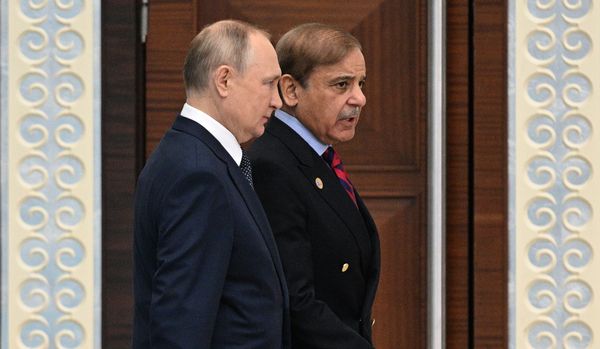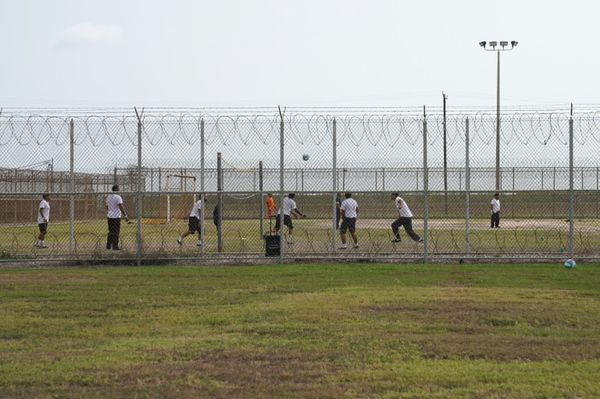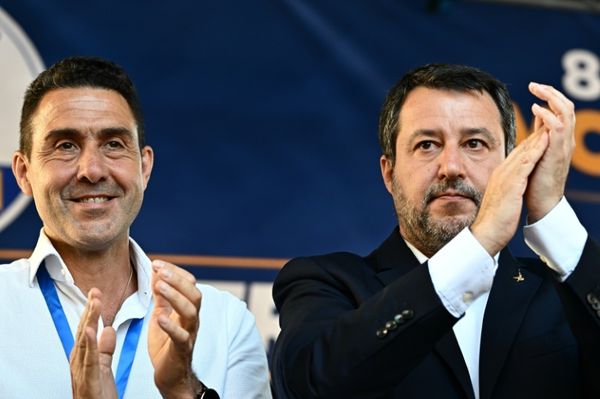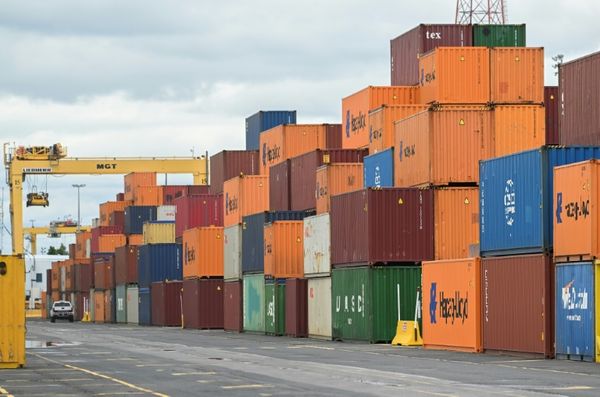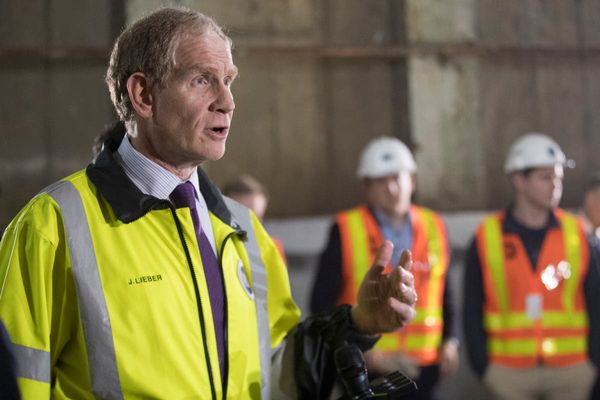
Israel’s lawyers have told the United Nations top court that the country has the right to move ahead with a full-scale offensive on Rafah in southern Gaza to defend itself against Palestinian group Hamas after South Africa filed an urgent request to order a ceasefire as part of a wider case accusing Israel of genocide.
“The fact remains that the city of Rafah also serves as a military stronghold for Hamas, which continues to pose a significant threat to the state of Israel and its citizens,” Gilad Noam, Israel’s deputy attorney general for international law, told the International Court of Justice (ICJ) in The Hague on Friday.
Noam accused South Africa of making “a mockery of the heinous charge of genocide”, accusing the country of “adopting a strategy of dragging Israel to court endlessly” and having an “ulterior motive” for urging an Israeli withdrawal from Rafah to obtain “a military advantage for its ally Hamas, which it does not want to see defeated”.
Reporting from The Hague, Al Jazeera’s Step Vaessen said the hearing had been “unusual”, with a German judge asking Israel to submit a written response to a request for information on humanitarian conditions in its declared “evacuation zones” in Gaza by the following day.
Adding to the “high emotions” at the hearing, a woman had shouted “Liars, liars!” at the Israeli legal representative from the public gallery, said Vaessen.
“South Africa says this is now the last chance for the court to save the people in Gaza and save the people in Rafah,” she said.
South Africa asked the ICJ on Thursday to order Israel to stop its offensive on Rafah, from where the UN says at least 630,000 displaced civilians have been forced to flee after seeking refuge from bombardment across the besieged enclave.
Lawyers requested the ICJ issue three emergency orders, or “provisional measures”, while it rules on the wider accusation that Israel is breaking the 1948 Genocide Convention.
Tamar Kaplan Tourgeman, principal deputy legal adviser of Israel’s Ministry of Foreign Affairs, said Israel was making “remarkable efforts” to improve aid delivery, denying that it had shut down southern Gaza’s two main crossings – the Rafah border crossing with Egypt, which it seized on May 7 as it launched an assault on the town, and the Karem Abu Salem (Kerem Shalom) crossing with Israel.
“This is blatantly untrue,” she said at Friday’s hearing. “The truth is that Israel allows and facilitates the provision of more and more humanitarian aid through a number of crossings on a daily basis.”
Reporting from Deir el-Balah in central Gaza, Al Jazeera’s Tareq Abu Azzoum said UN officials confirmed no aid has been coming in through either of the crossings.
Marc Owen Jones, an associate professor of Middle East studies and digital humanities at Hamad Bin Khalifa University, said he believed South Africa’s case was strong enough for the court to issue additional provisional measures in Gaza, given that humanitarian conditions had only worsened after the court’s earlier orders for Israel to allow aid to flow.
“It’s months later and the aid situation is desperate,” he told Al Jazeera.
While a decision on the emergency measures is expected next week, it will likely take years before the court can rule on the underlying genocide charge.
‘Genocidal’ consequences
On Thursday, ICJ judges heard multiple accusations against Israel from lawyers representing South Africa, regarding mass graves, torture and the deliberate withholding of humanitarian aid.
South African lawyer Tembeka Ngcukaitobi told the court that Israel was pressing on with its attacks in Rafah despite “explicit warnings” that they could carry “genocidal” consequences.
South Africa asked the court to order Israel to “immediately” cease all military operations in Gaza, including in Rafah, and to withdraw from the territory. It also wants Israel to enable humanitarian access, allow unimpeded access for UN officials, aid groups, journalists and investigators, and report on its progress in achieving these orders.
It is the third time that the ICJ has held hearings on the ongoing Israeli war on Gaza since South Africa filed genocide proceedings in December.
In January, judges ordered Israel to do all it can to prevent death, destruction and any acts of genocide in Gaza, and to enable humanitarian aid to the enclave. But it stopped short of ordering an end to the military offensive.
ICJ judges have broad powers to order a ceasefire and other measures, though the court does not have its own enforcement apparatus. A 2022 order by the court demanding that Russia halt its full-scale invasion of Ukraine has so far gone unheeded.
